Language, Identity, and Marginality in Indonesia: The Changing Nature of Ritual Speech on the Island of Sumba
Indonesia's policy since independence has been to foster the national language. In some regions, local languages are still political rallying points, but their significance has diminished, and the rapid spread of Indonesian as the national language of political and religious authority has been described as the 'miracle of the developing world'. Among the Weyewa, on the island of Sumba, this shift has displaced a once vibrant tradition of ritual poetic speech, which until recently was an important source of authority, tradition, and identity. But it has also given rise to new and hybrid forms of poetic expression. This first study to analyse language change in relation to political marginality argues that political coercion or cognitive process of 'style reduction' may partially explain what has happened, but equally important in language shift is the role of linguistic ideologies.
{{comment.content}}

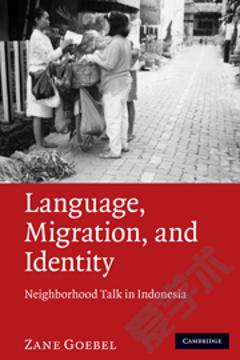
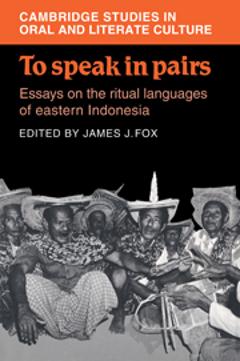
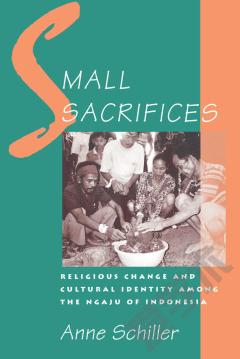
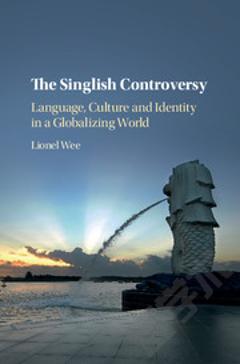
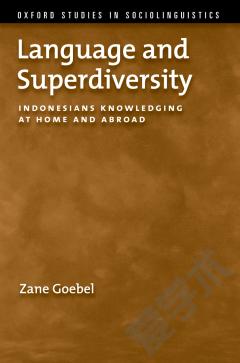


 京公网安备 11010802027623号
京公网安备 11010802027623号